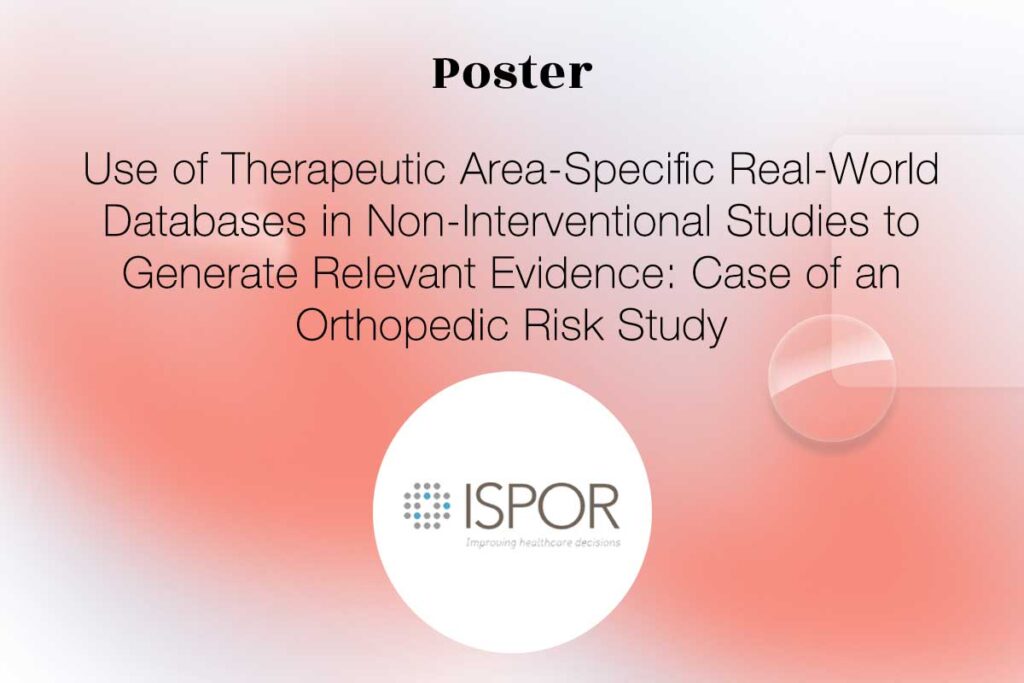Publisher: Cancer Biomarkers
Authors: J. Adam, T. Sourisseau, K.A. Olaussen, A. Robin, C.Q. Zhu, A. Templier, A. Civet, P. Girard, V. Lazar, P. Validire, M. S. Tsao, J.-C. Soria, B. Besse
Date: 26 September 2016
DOI: 10.3233/CBM-160644
Abstract
Background
Resectable non-small cell lung cancer (NSCLC) treatment options most often consist of surgical resection along with adjuvant chemotherapy (ACT). The benefit of ACT however is modest and is accompanied by important side effects. One central quest in the field is therefore the identification of a predictive marker of the response to ACT.
Patients and methods
We applied an unbiased approach based on high content analysis of expression data generated from a discovery patient cohort.
Results
We identified MMS19, a component of the cytoplasmic Iron-Sulfur Assembly (CIA) machinery important for the Nucleotide Excision Repair (NER) pathway as a pivotal gene for cisplatin toxicity. We then confirmed the association between MMS19 expression and the response to Cisplatin treatment in a panel of NSCLC cell lines. Finally we validated these pre-clinical data in a subgroup of JBR.10 trial patients through a hypothesis-driven analysis, and showed that MMS19 levels associated with ACT benefit.
Conclusion
We therefore propose the expression level of MMS19 as a candidate predictive marker of ACT benefit in resected NSCLC patients.








